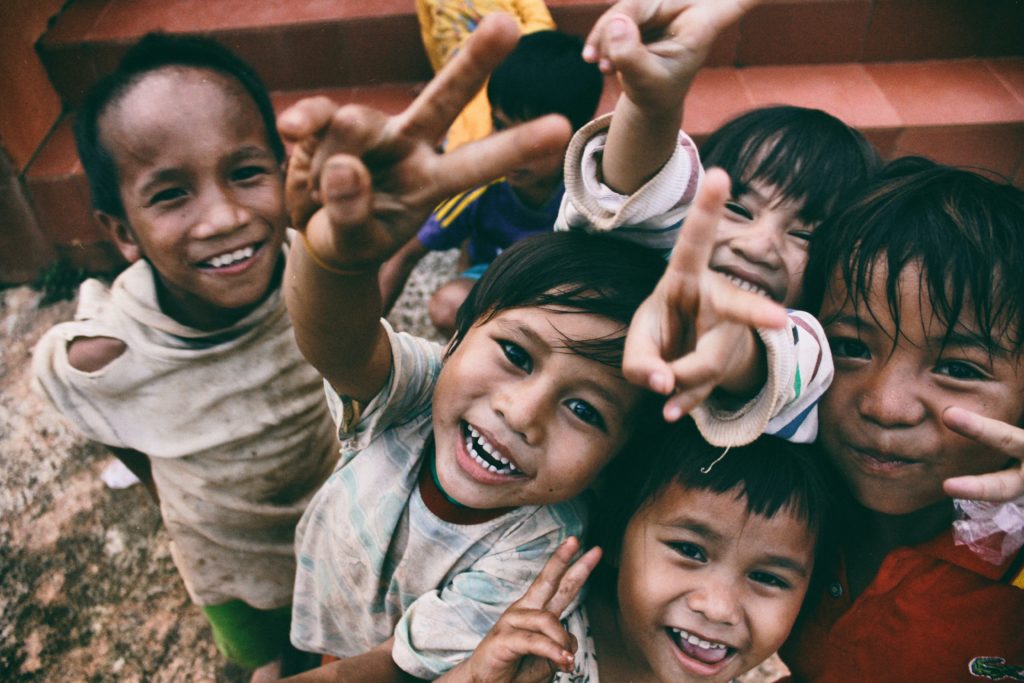March 13 was the anniversary of the election of Jorge Mario Bergoglio as Pope. Francis is somewhat "the heir of John Paul II for the centrality of Mercy and, at the same time, interprets an extraordinary continuity both with Benedict XVI and with the great pontiffs of the twentieth century.
The influence of John XXIII is evident in his strong ecumenical spirit and in his attempt to trace a path in which, without detracting from doctrinal solidity, the Church always knows how to offer her most tender and maternal face to mankind. Francis is a Pope, like Pope Luciani, who conquers by his humanity and simplicity; and yet he is also a Pope wounded by controversy like Pius XII, although evidently for different reasons.
Bergoglio, who takes the heritage of many greats, chose for himself the name of St. Francis: with the name of a great saint he gave his ministry a strong imprint of poverty, of attention to the least, of truth always proposed with charity and tact, of apostolate "by attraction", of lived dialogue rather than imposed and shouted.
He told this, immediately after his election, in a historic press conference. "How I would like a Church that is poor and for the poor! - He said - That is why I am called Francis, like Francis of Assisi: a man of poverty, a man of peace. The man who loves and safeguards Creation; and today we have a not-so-good relationship with Creation....".

The idea came to him from the reaction of his neighbor in the Conclave, the Archbishop Emeritus of São Paulo, Brazilian Claudio Hummes, his great friend. "When two-thirds of the quorum was reached, the applause went up. Claudio hugged me and said, 'Don't forget the poor.' Then I thought of poverty. To wars. St. Francis of Assisi. And I decided to name myself after him. Poverty, peace, and the care of creation were objectives for which the Argentinean Pope worked tenaciously.
The recent trip to Iraq shows how the papacy has perhaps never been so strong when, as now, it stresses that the Church, that is, the Mystical Body of Christ, is a "mystical" reality: something, therefore, that although it touches time and history has its roots in eternity. It thus seems evident how the Holy Spirit gives the pontiff, a man among men, a charism that is a gift, a grace, but also a cross that has nothing to do with the exercise of political, contingent and temporal power.




 A fruitful Lent
A fruitful Lent





